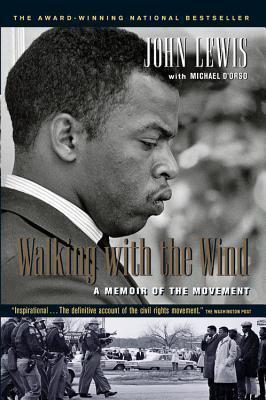One important theme in AP US History is politics and power. Questions on the exam will ask you to analyze the decisions of political leaders. You may be asked to describe changes in the relative power of the legislative, executive, and judicial branches. Finally, you may be asked about the relationship between the states and the federal government.
I'm a licensed teacher and professional tutor with over ten years of experience in education. I've helped dozens of students improve their grades in their AP US History class. This article will cover (thing) and (thing). We'll also discuss relevant Read on for tips you can use to improve your grades today!
Note: This post is part of a series on historical themes covered in AP US History. You can learn more about the all of the themes in AP US History at this link.
Definition
This theme focuses on the government and political institutions. It also explores attempts to gain power over the actions of the government. Finally, this theme also discusses political beliefs.
This theme is abbreviated as PCE.
Government and Political Institutions
This theme covers governments and related institutions. The government is a system that controls a group of people in a specific area. In the United States, we have a national government, 50 state governments, and thousands of local governments. A political institution is an established practice related to the government. Voting is an example of this type of institution. Institutions can also refer to organizations that benefit the American people or relate to political causes. The US Supreme Court is an example of this type of institution. The US government and American political institutions have changed over time. AP US History examines these changes and their impacts.
Politics
Beliefs About Government
Examples
The Missouri Compromise is a good example of all three aspects of politics and power.
First, a quick summary:
In 1819, Missouri wanted to become a state. Slavery was legal in Missouri, which meant that if they became a state, they would join the union as a slave state. This would give the Southern (slave) states an advantage in Congress. There would be more senators representing Southern states than Northern ones. Northerners feared that the "slave power" states would abuse this power. This led to a standoff in Congress. Neither side could get enough support for a plan that would resolve this issue, and radicals called for war. Eventually, a senator named Henry Clay was able to negotiate a solution. He proposed that Maine could be a free state, Missouri could be a slave state, and a line could divide the remaining land the US controlled in the west into free and slave territory. This compromise worked and temporarily avoided civil war.
So, let's break it down:
The primary government institution involved in this conflict was the Senate, and Congress more broadly. These two groups are part of the national government.
The conflict was caused by a concern about power. Northern senators did not want to be less powerful than Southern senators. They worried that if they lost power relative to the South, they wouldn't be able to stop harmful laws from being passed. We also see power when Henry Clay is able to work out a compromise. That may not seem powerful at first glance, but having the connections and influence to resolve a major conflict is a sign that somebody has power and can use it effectively.
Finally, this reveals beliefs about government. During this time, sectionalism was on the rise. That mean that both the North and the South assumed that other senators would vote based on their geography and the status of slavery in their state. When people guess about what will happen in the future, it reveals their beliefs about how things work.
(If you'd like the long story of the Missouri Compromise, that lives here.)
The Chautauqua
Welcome to The Chautauqua! This is the part of the post where I feature something relevant to the post that I think you might enjoy.

Walking With the Wind - John Lewis and Michael D'Orso
This books is an honest, compelling account of the Civil Rights Movement. John Lewis lived an extraordinary life. We are fortunate enough to be able to hear him recount it in his own words.
The book begins with his childhood, recounting his family's experiences are sharecroppers. We learn of young Lewis' powerful sympathy for the family chickens. He discusses his leadership of the Student Nonviolent Coordinating Committee (SNCC). This position put him on the front lines of dozens of Civil Rights struggles, including the Freedom Rides and Bloody Sunday. This book is a must-read for anyone interested in Civil Rights.
Note: This post may contain affiliate links. When you buy products through links on this website, I may earn a small commission at no extra cost to you. I do not accept products from companies or compensation for reviews. I only recommend things that I enjoyed and think you would find valuable.
Join the email list to get timely advice right to your inbox!
You may also like these AP US History posts.
All blog posts are licensed using a CC-BY-SA 4.0 license. You are free to copy or share this information in any form. You may also adapt and build upon this material for commercial and noncommercial. If you chose to share, adapt, or use this information, you must give credit to Spring Learning Services, LLC and indicate if changes were made. All material must be shared using the same terms
This material is based on my interpretation of the AP US History Course and Exam Description and my experience working in education for the past decade. The views expressed on this page are my own. AP® and Advanced Placement® are trademarks registered and owned by the College Board, which is not affiliated with, and does not endorse, this site.